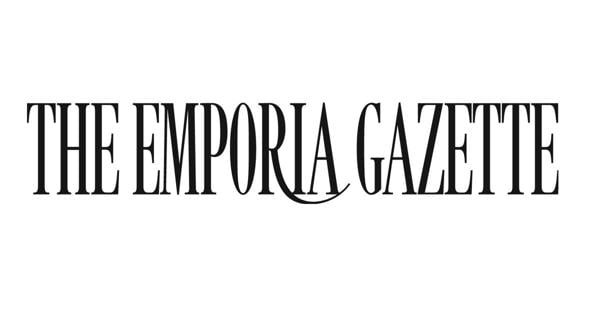California faces a unique and escalating financial crisis stemming from its massive debt on fraudulent COVID-era unemployment benefits, a burden now translating into significant payroll tax increases for businesses across the state. While other states have managed to repay their federal loans, California remains the sole outlier, grappling with an ever-growing fiscal challenge that directly impacts its economic landscape and the livelihoods of its private sector.
The scale of this debt is staggering, with state payments on unemployment benefits surging from zero in 2019 to nearly $600 million this year. Projections indicate these annual payments to the federal government could soon reach $1 billion, specifically to service the interest on loans taken to cover what the state has classified as “ineligible” or fraudulent unemployment insurance claims. This persistent California Debt highlights a critical failure in the state’s financial management during the pandemic.
A major consequence of this unresolved debt is the automatic increase in federal Payroll Taxes for businesses. Until the federal loan is fully repaid, California businesses will face rising federal UI tax rates, with the effective federal payroll UI tax potentially soaring from 0.6% pre-pandemic to a full 6%. This direct transfer of cost to the private sector underscores the severe Business Impact of the unaddressed Unemployment Fraud.
Compounding the federal increases, state UI taxes are also expected to rise significantly, pushing total employer payroll taxes on the first $7,000 of wages to over 11%—more than double the rates seen in the early 2020s. This means businesses could pay as much as $770 per employee per year, a dramatic increase from approximately $287. Such substantial increases are poised to fundamentally alter the operational costs for companies.
Business leaders warn that these escalating Payroll Taxes, coupled with other policy changes, could severely disincentivize hiring, particularly for entry-level and part-time positions. As Tim Taylor of the National Federation of Independent Business articulated, “Households can’t survive that way and neither can states,” emphasizing the dire Economic Outlook and potential negative cascading consequences for America’s youth seeking to enter the workforce.
The state’s unemployment insurance benefits program itself is projected to run annual deficits of $2 billion, further exacerbating the debt problem. Despite the substantial interest costs being deducted from the state’s general fund, repayment of the colossal federal loan appears unlikely without fundamental changes to the UI system. Officials within the Employment Development Department (EDD) acknowledge that legislative action is urgently required to address the revenue-expense imbalance.
At the root of this crisis lies approximately $55 billion in fraudulent COVID-era unemployment benefits, an amount exceeding NASA’s annual budget. This extensive Unemployment Fraud was largely attributed to decisions made under then-California Labor Secretary Julie Su, including the automatic approval of benefit applications without sufficient verification. Investigations revealed widespread fraud, from sophisticated scams to claims made by prison inmates and organized criminal groups, exposing critical vulnerabilities in the system.
Despite California Governor Gavin Newsom’s budget plans, which earmark significant funds for expected UI benefits, the state’s unemployment rate remains among the highest in the nation, placing immense pressure on the UI system. The inherent insolvency of the program, highlighted by the Legislative Analyst’s Office, points to a need for comprehensive reforms to ensure the system’s long-term viability and to alleviate the crippling Government Finance burden on the state and its businesses.
Ultimately, without significant intervention or a dramatic shift in its Government Finance policies, California is poised for continued economic strain. The confluence of high unemployment, a burgeoning California Debt, and increasing Payroll Taxes presents a formidable challenge that could undermine the state’s Economic Outlook for years to come, particularly if an economic downturn or sustained high unemployment persists.






Leave a Reply